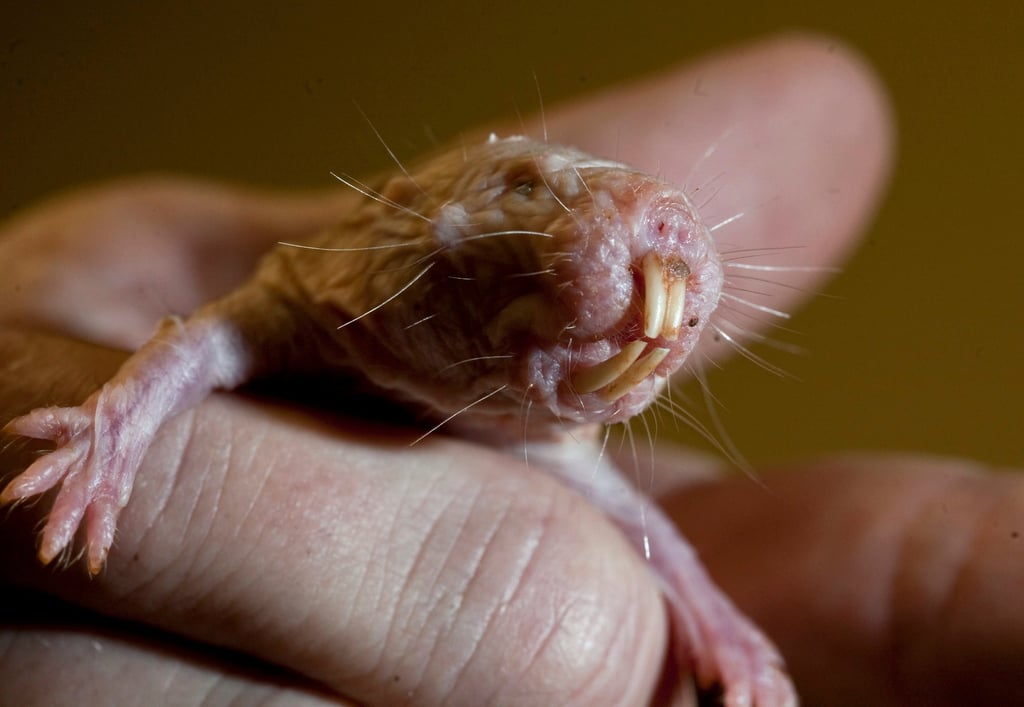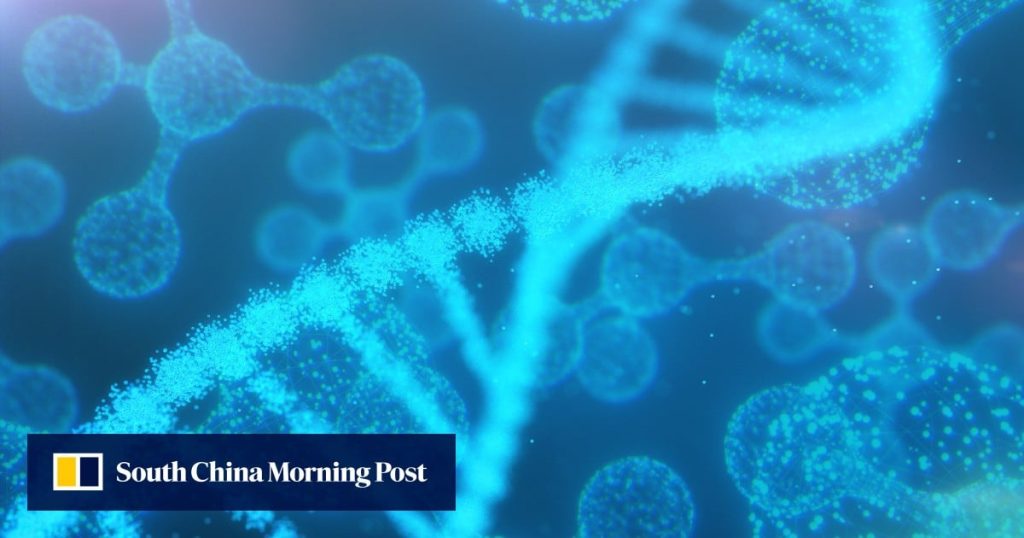The remarkable longevity and disease resistance of naked mole rats are linked to a version of a protein involved in DNA repair that is also found in humans, Chinese scientists have discovered.
The team led by researchers from Shanghai’s Tongji University found that introducing this modified protein in flies and mice reduced the genetic damage associated with ageing and helped to extend lifespan, according to results of their study published earlier this month.
Their findings suggest that the longevity of naked mole rats could inspire a new therapeutic anti-ageing strategy to improve the health and lifespan of humans.
“Our work provides a molecular basis for how DNA repair is activated to contribute to the exceptional longevity during evolution in naked mole-rats,” the team said in a paper published in the peer-reviewed journal Science on October 9.

Naked mole-rats are burrowing rodents with a maximum lifespan of around 37 years, which is extraordinary for a mammal of their size.


